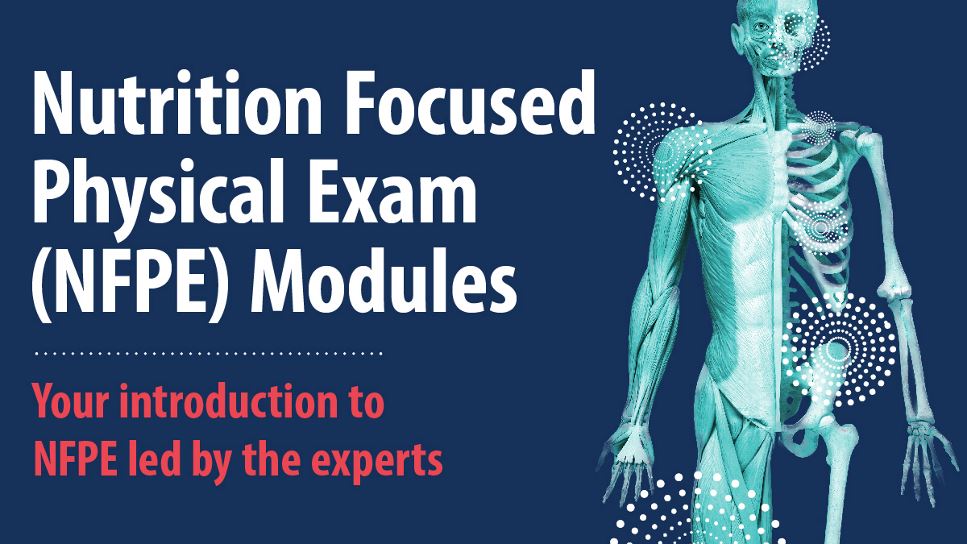Registered dietitian nutritionists have the opportunity and responsibility to be at the forefront of the prevention and treatment of malnutrition. Poor nutritional status is often referred to as "clinical malnutrition" or "undernutrition," and can apply to individuals of all weights and body types. Evidence-based tools and resources allow actions to improve and implement protocols for screening and assessing, diagnosing and providing a care plan for treating individuals with or at risk for food insecurity and malnutrition across the healthcare continuum.
Registered dietitian nutritionists have the opportunity and responsibility to be at the forefront of the prevention and treatment of malnutrition. Poor nutritional status is often referred to as "clinical malnutrition" or "undernutrition," and can apply to individuals of all weights and body types. Evidence-based tools and resources allow actions to improve and implement protocols for screening and assessing, diagnosing and providing a care plan for treating individuals with or at risk for food insecurity and malnutrition across the healthcare continuum.
Registered dietitian nutritionists have the opportunity and responsibility to be at the forefront of the prevention and treatment of malnutrition. Poor nutritional status is often referred to as "clinical malnutrition" or "undernutrition," and can apply to individuals of all weights and body types. Evidence-based tools and resources allow actions to improve and implement protocols for screening and assessing, diagnosing and providing a care plan for treating individuals with or at risk for food insecurity and malnutrition across the healthcare continuum.



